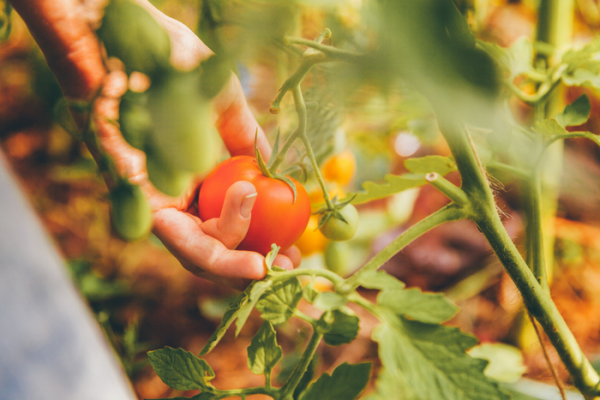“Better safe than sorry”: Plants anticipate potential heatwaves by already slowing down pollen development under mild heat conditions, concludes Stuart Jansma in his PhD research project. This “overreaction” on the part of plants has negative effects on fruit and seed harvests when the weather is warm. This can cause more serious problems when warm days increase in number due to climate change. Jansma is defending his PhD thesis at Radboud University on 15 September.
Climate change leads to an increase in average temperatures, resulting in more frequent, longer, and hotter heatwaves. We know that pollen, which is responsible for ensuring that flowers are fertilised and plants can therefore produce seeds and fruits, develops less well at high temperatures.
Earlier studies generally used heat shock, placing plants for a few hours in an environment reaching sometimes up to 50°C. But Stuart Jansma wanted to study the effect on plants of longer periods of mild heat, since this is more representative of our current conditions. Jansma placed tomato plants for a few days in an environment of up to 30°C to 34°C, 6 degrees higher than the ideal temperature for this plant, and investigated how the plants responded at gene and cell level.
Read more at: Radboud Universiteit
Fewer seeds and fruits under mild heat conditions (Photo Credit: Zavalishina)


